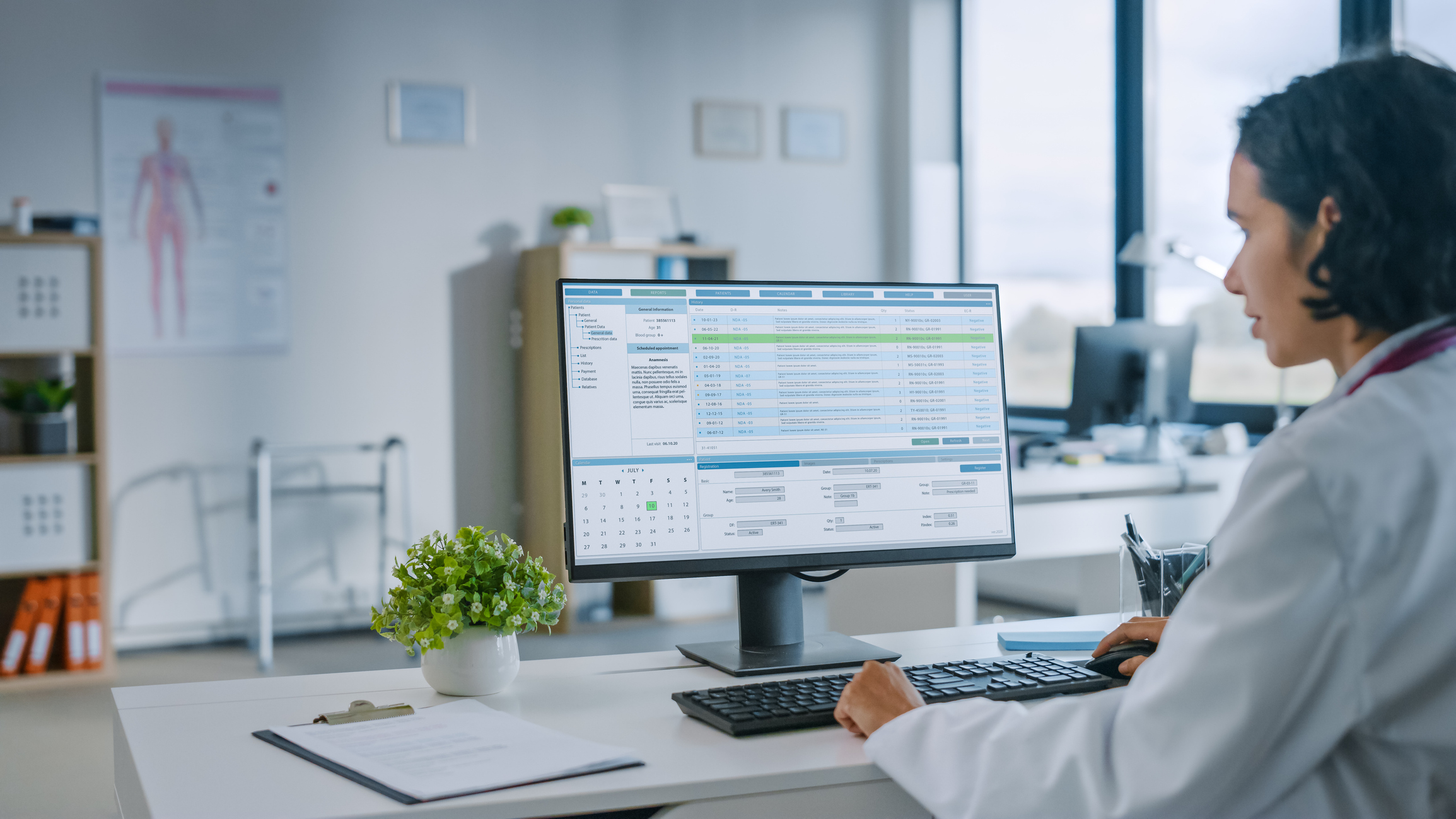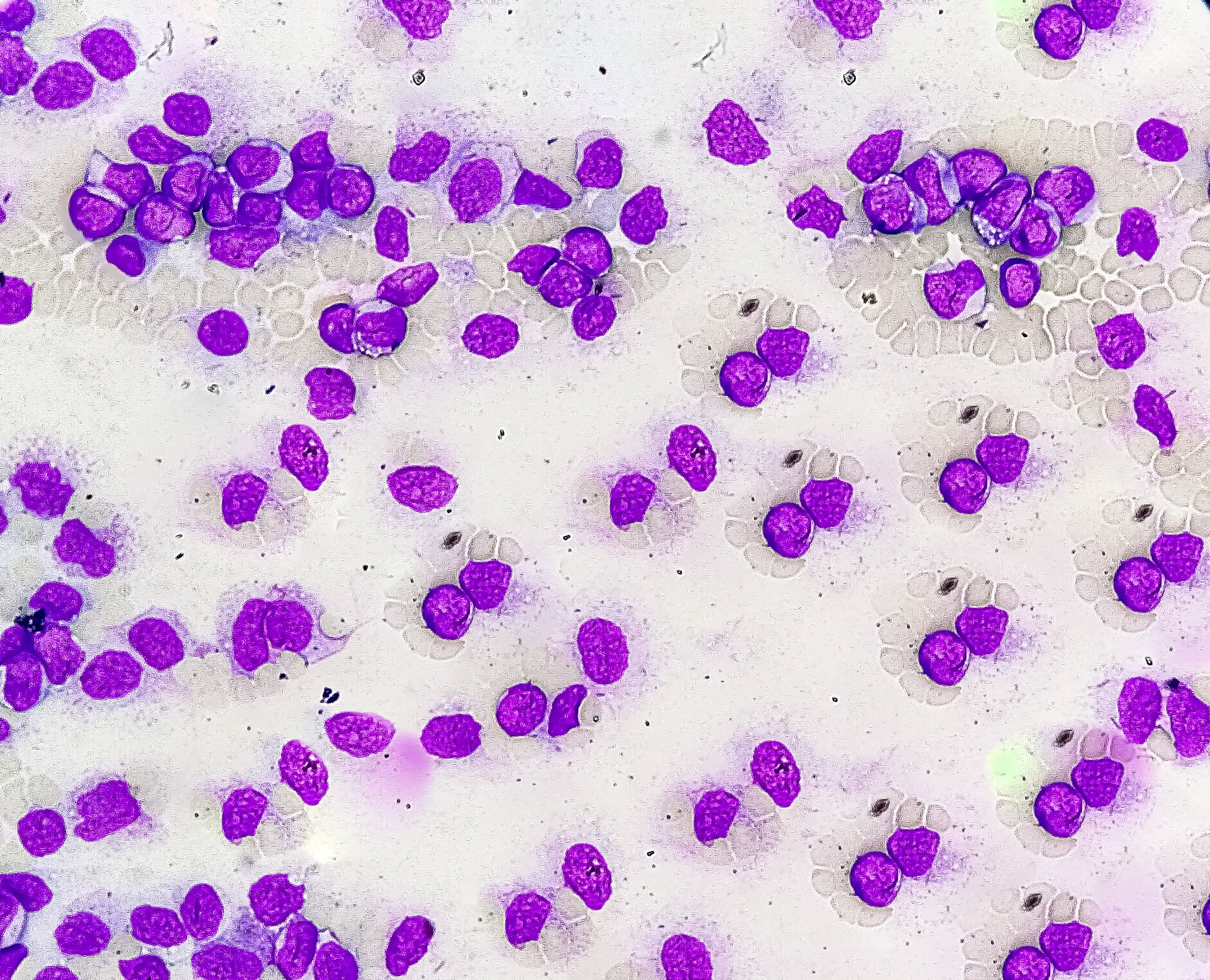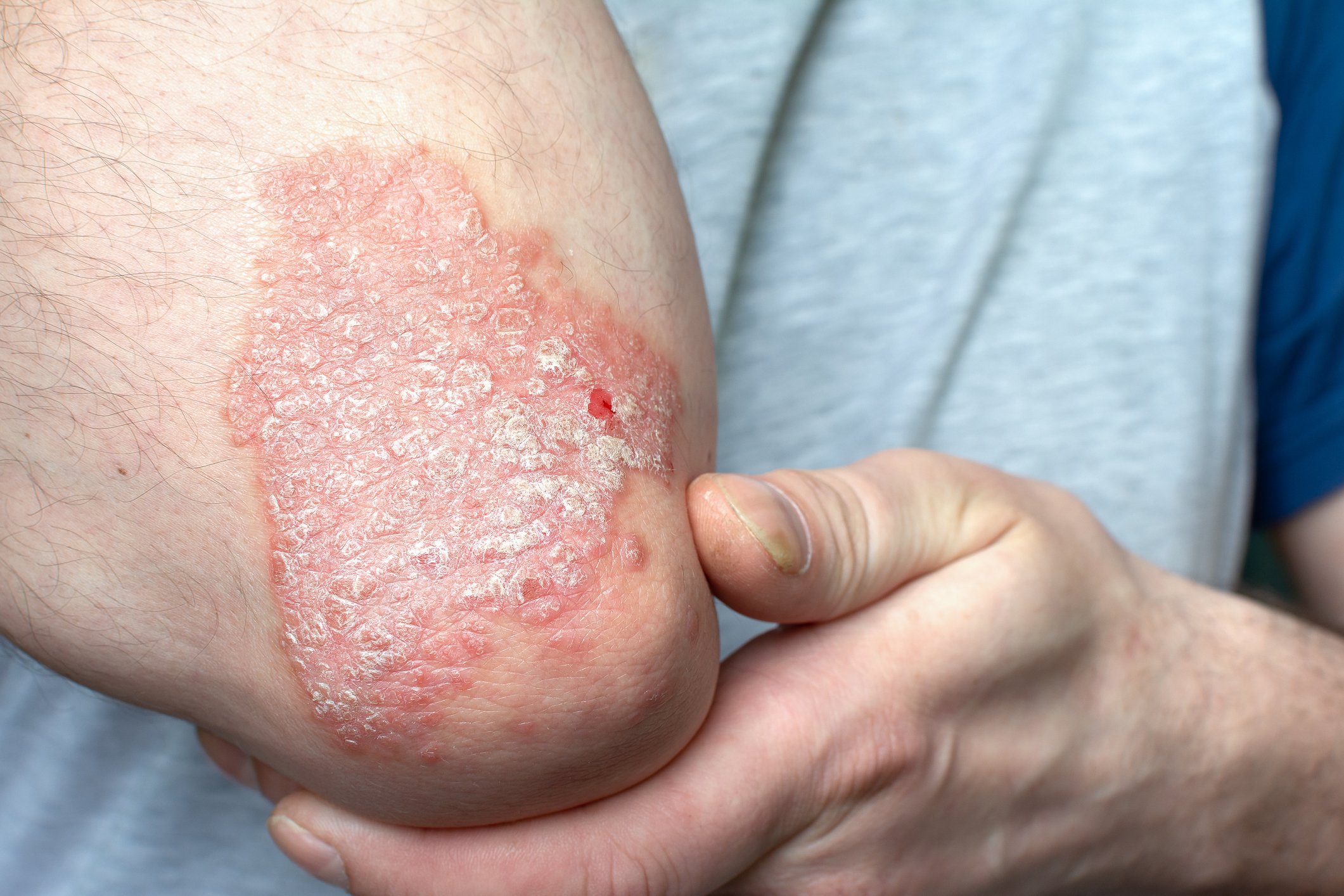In an interview with InFo ONCOLOGY & HEMATOLOGY, Prof. Gerd Nagel, MD, internal oncologist and founder of the Patient Competence Foundation Switzerland, spoke about the meaning of the word “patient competence” and the influence of this concept on current medical practice. In addition, he addressed micronutrient supplementation (especially with L-carnitine, coenzyme Q10 and VitD3), which is useful, for example, in the adjuvant therapy situation in breast carcinoma patients.
Prof. Dr. Nagel, what exactly do you understand by “patient competence” or is there a generally valid definition?
Prof. Dr. Nagel:
There is still no generally accepted definition for the term “patient competence” and no consensus within the health care system. Wikipedia defines as follows: “The term patient competence (PC) comes from cancer patients themselves. It largely coincides with the term the expert patient, which is commonly used in the English-speaking world. Today, three main definitions of PF exist:
- Cancer patients themselves have defined PK as ‘PK is the ability to live a normal life with and despite illness, handicap or trauma’. This definition essentially refers to the successful attempt to accept the new reality of life caused by the illness, to orient everyday life according to this reality and to help shape the new life situation using one’s own resources.
- Medicine and psychooncology define PK a bit more precisely: PK includes the ability to
- to face the challenges of the disease,
- Reflect on their own and others’ resources for coping with illness,
- to use these resources,
- own needs to be taken into account in the disease,
- to pursue their own objectives and
- to preserve autonomy.
- Social psychology describes the term PK as follows: PK includes self-competence, relational competence, social competence, and democratic competence as individual competencies.”
So far Wikipedia. It seems essential to me that competent patients are not concerned with interfering in medical affairs, but in their own. In this context, the concept of self-empowerment is of central importance. It refers to the steps a patient takes in order to live up to his or her new role as a patient, or to accept a critical life situation and shape it in terms of a new normal.
How or through what agencies do patients acquire this self-competence?
In some cases, there are exemplary patient education programs that teach the proper way to “be a patient.” This happens, for example, in rehabilitation clinics or there are corresponding offers from self-help organizations, e.g. for patients with heart attacks, diabetes or blindness.
In some cases, however, patients are largely left alone in their efforts to reorient themselves. The best example of this is patients with cancer.
Does the use of alternative counseling services threaten a competitive situation with the treating physicians?
One should not use the terms “alternative”, “alternative medicine”, “alternative therapy” today. We make this point emphatically in competence consulting. The terms falsely suggest that there are real, proven and equally effective therapeutic alternatives to and outside of scientifically based medicine (conventional medicine). Instead, we talk about “complementary medicine” (CoM) as a medicine that is suitable for helping patients to help themselves within the framework of their own objectives.
For cancer patients who have had competency or empowerment counseling, we have reliable data on the consequences of promoting patient competency: they use the offerings of evidence-based micronutrient medicine relatively consistently; they use significantly fewer paramedicine agents or procedures on average than patients who have not received competency training; they are characterized by particularly high compliance, e.g., with regard to the long-term use of adjuvant oral tumor therapies; they change physicians less frequently.
In summary, competent patients are the best thing that can happen to a physician. However, a clear distinction must be made: patients who acquire a medical pseudo-competence and interfere in the doctor’s affairs on the basis of this partial knowledge are not considered competent patients.
Are there studies that examine the impact of empowering patients with their own agency and knowledge on disease prognosis?
Yes, there are such studies e.g. from dentistry, cardiology, allergology, diabetology or dietetics. As far as oncology is concerned, there are no such studies, at least none that have received unqualified recognition in the scientific community.
Today, when patient competency has become so important in cancer patients, wouldn’t it be time to conduct such a study on the prognostic significance of patient competency?
Yes, the time is ripe today for such a study. The foundations Patientenkompetenz Schweiz and Deutschland have supported the development of such a – methodologically not easy – study for quite some time. Now this preparatory phase has been completed and such a controlled, clinical trial is scheduled to begin before the end of 2015. The question of the influence of competence counseling on the target parameters of quality of life, self-efficacy beliefs, sustained compliance, and on various outcome parameters of tumor therapy in women with “high-risk” breast cancer in the adjuvant therapy setting will be addressed.
What are other current projects of the Patient Competence Foundation and what publications are already available?
The foundations have built up a platform “SoS” = Selfempowerment-online-Service on the Internet. This is designed for health professionals who want to learn about competency counseling. We are currently working on a similar platform for cancer patients to support self-empowerment.
Most notably, the foundations have published several books on patient literacy and a guide for health professionals on empowerment counseling for women with breast cancer. These books can be viewed and ordered through the Foundation’s website (www.patientenkompetenz.ch).
What are the so-called micronutrients (MnSt)?
By analogy with the term “macronutrients” (sugar, protein, fat), MnSt are small-molecule, essential building blocks of metabolism. MnSt include vitamins, vitaminoids, trace elements, minerals and others.
Is vitamin D also a micronutrient? Primarily, it is formed in the skin through exposure to sunlight.
Yes, vitamin D is a MnSt. The body can produce some MnSt itself, but not others, at least not sufficiently. These must then – like vitamin C – be supplied obligatory from the outside.
How does the need for MnSt of a healthy person differ from that of a breast cancer patient undergoing chemotherapy? And how exactly does one determine the individual supply situation?
To this end, a few general remarks on MnSt medicine are needed first. The field of MnSt medicine, on which one can also find current information under the search term “metabolomics”, has become the subject of intensive research in recent years. For quite some time, sports medicine has paid special attention to MnSt. Today’s competitive athletes would not be able to achieve top performance without complex MnSt supplementation (nota bene: such supplementation has nothing to do with doping). It was then only a small step from sports medicine to other situations of exceptional MnSt need, namely in patients with severe disease or under aggressive therapy, such as chemotherapy. In medicine, research on the significance of MnSt is in full swing. However, research here faces a huge challenge. Simple correlations between MnSt and disease patterns have long been elucidated and are part of evidence-based medicine (iodine/thyroid, Fe/B12/anemia, Ca/VitD/osteoporosis, etc.). Today, research is striving to understand the extraordinarily complex interaction of MnSt groups. This also applies to the question of the role of MnSt in carcinogenesis, endogenous cancer control, and drug therapy of cancer. However, research in this regard is only in its infancy.
But now to your question: Precise information on the specific MnSt requirement of the individual patient with breast carcinoma cannot be given today. MnSt blood analyses for the supply situation are only meaningful for very few MnSt or useful for calculating supplementation requirements. This applies, for example, to vitamin D, the blood level of which should be highly normal in breast carcinoma and is of prognostic significance.
But in breast cancer, there are a number of other results of preclinical and clinical research that, in my opinion, leave no doubt about the sense of supplementation for the breast cancer patient, at least in the adjuvant therapy situation. Of special importance here are the MnSt L-carnitine, coenzyme Q10 and VitD3. Based on these data, we will also use these three substances in the above-mentioned study. A special pharmaceutical formulation was developed for this purpose.
Is it possible to meet the increased micronutrient requirements of chemotherapy with a specific diet?
The additional MnSt requirements of humans under extraordinary physical stress, such as in top-class sports or in oncology, cannot be covered by diet – apart from the fact that cancer patients undergoing chemotherapy very often cannot even eat a “normal” diet. Here, an external MnSt supply is needed. How much to give in individual cases has – as said above – been tried to be calculated again and again. But even if individual laboratories claim to be able to determine this on the basis of blood or urine tests, I am not convinced. We also tried for a long time to establish such MnSt profiles for rational MnSt therapy, but abandoned this approach. With clear exceptions, determination of blood levels of individual MnSt says nothing about the need or delicately orchestrated interaction of MnSt networks.
Does patient competence also mean that the patient independently puts together a supplementation plan or is this done in close consultation with the treating physician/consultant?
For evidence-based competence counseling regarding CoM in general and MnSt in particular, a great deal of expert knowledge is needed. This cannot possibly be acquired by a patient who, after diagnosis, wants to act relatively quickly on his own behalf in addition to medicine. Competent patients absolutely need competent consultants.
On the evidence: what positive (but also potentially negative) effects can be expected from such supportive therapy?
Regarding the data on potentially negative interactions of MnSt therapy with chemotherapy, one thing is clearly proven, another is not (although it is rumored). It has been proven that MnSt in the right combination (!) and dosage (!) have a number of positive effects, but no undesirable effects with regard to the tolerability and efficacy of chemotherapy. The warning not to give MnSt (specifically antioxidants) in parallel with radio- or chemotherapy is based on observations in cell cultures. Clinical data show just the opposite: in parallel with tumor therapy, they are safe and effective. However, in MnSt medicine – apart from a few exceptions, mainly for medical indications – no MnSt are used as single substances in high pharmaceutical dosage.
What is the role of psychological factors in patient competency counseling?
Competence counseling differs from the approach of classical psychooncology. The latter focuses on typical topics of psychology: coping, diagnosis and therapy of depression, anxiety, grief or anger, relationship conflicts with the environment, etc. The competence counselor is usually not a psychologist. At most, he recommends the use of the psychooncologist if he perceives the presence of a serious psychological problem.
Nevertheless, the well-managed competency interview naturally has massive effects of a psychological nature on the patient. After such counseling, she approaches her life with and despite the disease in a new way. She has gained self-value, self-confidence, and self-efficacy beliefs. She feels less helpless, knows her plan of self-help, and she is back in charge.
Interview: Andreas Grossmann
InFo ONCOLOGY & HEMATOLOGY 2015; 3(3-4): 20-23.











